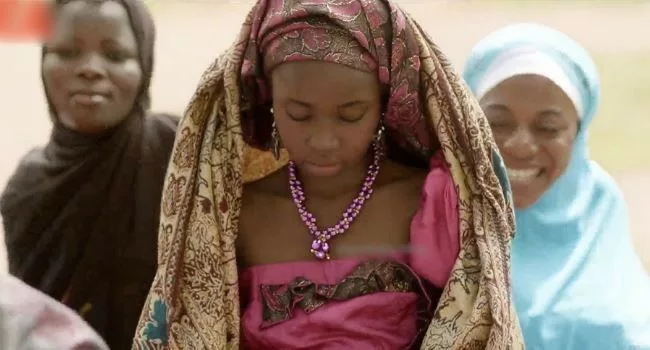Civil Society Organisations (CSOs) and traditional leaders working to end child Marriage in the country have identified existing gaps in the policy framework and implementation of child’s rights as setback.
They disclosed this during a meeting organised by the Federal Ministry of Women Affairs and Social Development in collaboration with the development Research and Projects Centre (dRPC) and other partners, and funded by the Ford Foundation, recently in Abuja.
Co-chair of the coalition of CSOs to end child marriage in Nigeria, Carolyn Seaman, said it is important to bridge existing gaps in the policy process that protects the rights of children from early marriage for the country to be able to end the menace of child marriage.
She noted that some states are yet to accept and domesticate the Child Rights Act which is meant to protect girls from early marriage, adding that the states that have already domesticated the law are not indicating the age.
“A lot still needs to be done even though various efforts have been in place and more states have signed the Act. We are still facing challenges in some of the states especially some of the Northern states which are consciously excluding the age of the child,” she said.
A representative of Africa Union, Hermine Takam, said domesticating and implementing the Act will go a long way in Nigeria’s efforts to end child marriage.
She said statistics provided at the Federal Ministry of Women Affairs showed that many girls forced into early marriages are not getting justice, while calling for a strong government-led response and strategy to address the problems.
The traditional leader from Zamfara State, Abdullahi Maiwada, noted that child marriage has various consequence like Vesicovaginal fistula (VVF) and others, adding that it is common among underaged girls in Northern Nigeria.
We’ve got the edge. Get real-time reports, breaking scoops, and exclusive angles delivered straight to your phone. Don’t settle for stale news. Join LEADERSHIP NEWS on WhatsApp for 24/7 updates →
Join Our WhatsApp Channel










